Blog
Enhancing Energy Efficiency: The Impact of Home Glass Windows on Insulation and Utility Savings
In recent years, the emphasis on enhancing energy efficiency in residential settings has gained substantial momentum, particularly as homeowners seek to reduce utility costs and environmental impact. A pivotal element in achieving this goal lies in the choice and quality of home glass windows. According to the Department of Energy, up to 30% of a home's heating and cooling energy can be lost through inefficient windows. Furthermore, the National Fenestration Rating Council (NFRC) notes that high-performance windows can improve insulation by reducing heat transfer, leading to significant energy savings. By selecting the right glass type and installation method, households can not only minimize energy consumption but also decrease annual utility expenses by up to 15%. Therefore, understanding how home glass windows impact insulation is crucial for homeowners looking to optimize energy efficiency and reduce their carbon footprint.
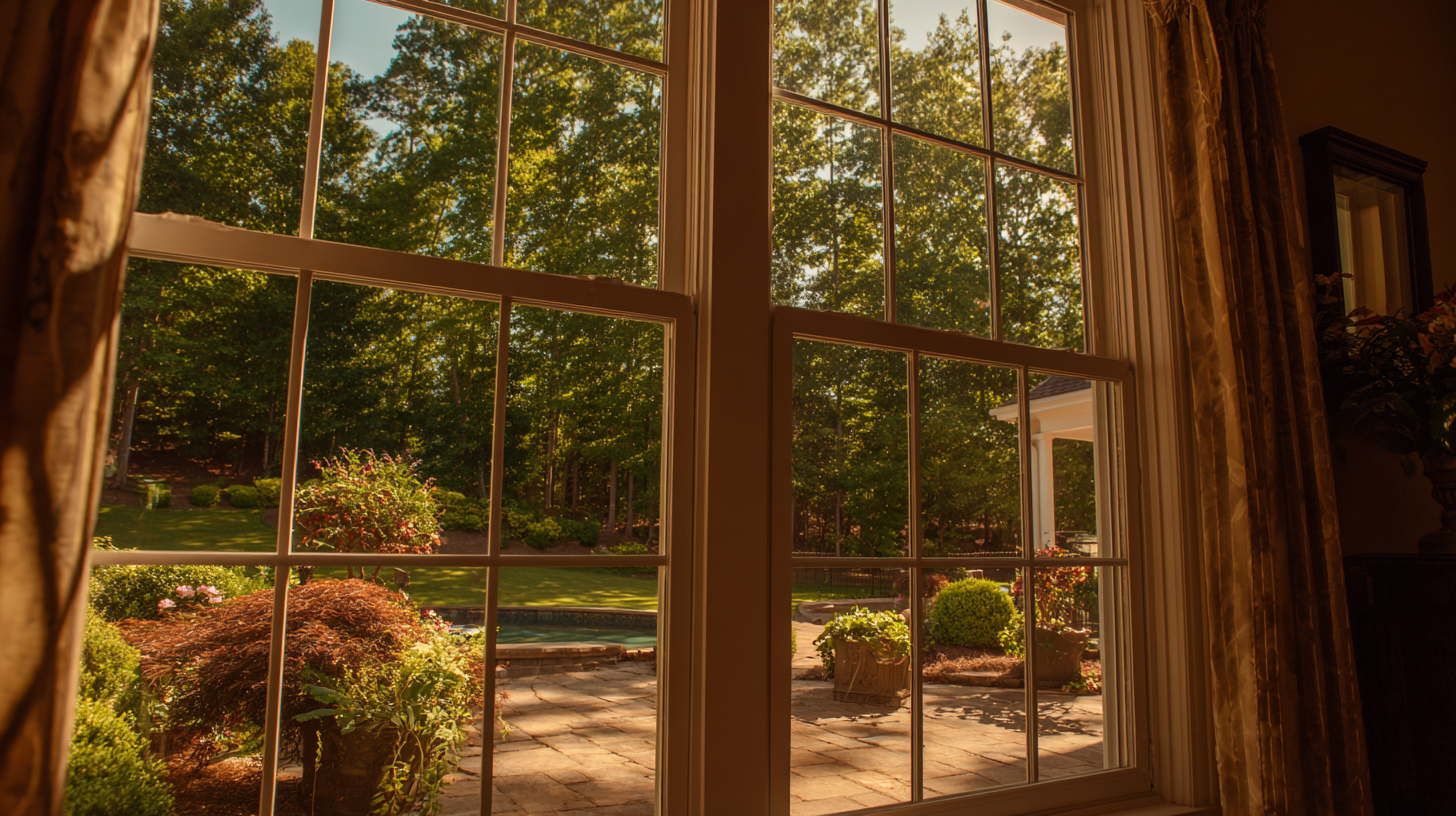
Understanding Energy Efficiency in Homes
When considering energy efficiency in homes, one of the most overlooked yet impactful elements is the quality of glass windows. According to the U.S. Department of Energy, windows can account for up to 25% of a home's heating and cooling energy use. The type and quality of windows significantly influence insulation, which can result in considerable utility savings over time.
Upgrading to energy-efficient windows can boost a home’s insulation performance. For instance, adding low-emissivity (low-E) glass can reduce heat transfer and minimize energy costs. A study from the Lawrence Berkeley National Laboratory found that homes with ENERGY STAR-rated windows could save homeowners an average of $500 or more annually on energy bills. Moreover, installing double or triple-glazed windows further enhances thermal performance, reducing the need for heating in winter and cooling in summer. This not only leads to significant utility savings but also contributes to a reduction in overall carbon footprint, making it an essential consideration for environmentally conscious homeowners.
Enhancing Energy Efficiency: The Impact of Home Glass Windows on Insulation and Utility Savings
| Window Type | U-Value (W/m²K) | SHGC | Energy Savings (%) | Annual Utility Savings ($) |
|---|---|---|---|---|
| Single Pane | 5.0 | 0.8 | - | - |
| Double Pane | 2.0 | 0.7 | 15 | 200 |
| Low-E Double Pane | 1.3 | 0.5 | 25 | 350 |
| Triple Pane | 0.9 | 0.4 | 35 | 500 |
The Role of Home Glass Windows in Thermal Insulation
Home glass windows play a crucial role in enhancing thermal insulation within residential settings. The type of glass and its construction significantly influence how much heat is retained during colder months and how efficiently it keeps heat out during warmer months. For instance, double-glazed windows contain two layers of glass with an insulating space in between, reducing heat transfer and minimizing energy loss. This design not only enhances comfort but also allows for better regulation of indoor temperatures, which can lead to substantial utility savings over time.
Moreover, advancements in window technology, such as low-emissivity (Low-E) coatings, further improve insulation by reflecting heat back into the home while allowing natural light to pass through. This helps maintain a stable indoor climate without relying heavily on heating and cooling systems, which can be energy-intensive. By investing in high-quality glass windows, homeowners not only improve the aesthetic appeal of their properties but also contribute to energy efficiency, resulting in lower utility bills and a reduced carbon footprint. The impact of such elements on home insulation is a testament to the importance of selecting the right windows for optimal energy performance.
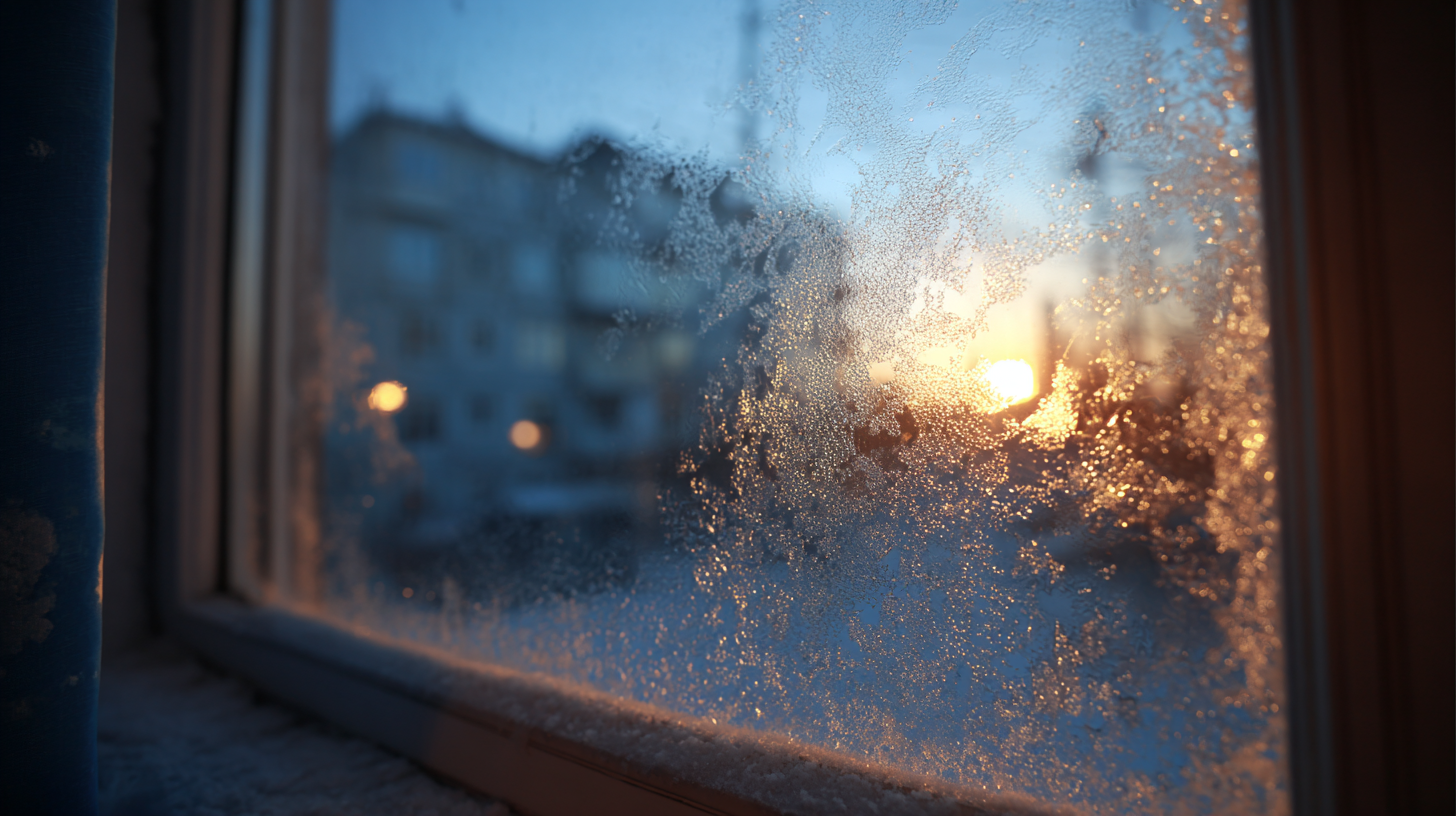
Comparative Analysis of Window Types and Energy Savings
The type of glass windows installed in a home significantly influences energy efficiency and utility savings. Dual-pane windows are often favored over single-pane varieties due to their superior insulation properties. The air gap between the two panes acts as a barrier to heat transfer, keeping the interior cooler in summer and warmer in winter. This reduction in thermal exchange can lead to lowered reliance on heating and cooling systems, ultimately translating into substantial energy savings on monthly utility bills.
In comparison, triple-pane windows provide even greater energy efficiency, as they feature two air gaps for added insulation. They excel in climates with extreme temperatures, making them a worthwhile investment despite their higher upfront cost. Low-emissivity (Low-E) coatings further enhance window performance by reflecting heat back into the room during winter and deflecting summer heat. Homeowners should consider these options when aiming to enhance insulation and minimize energy costs, as the right windows not only improve comfort but also contribute to long-term financial savings.
Factors Influencing Utility Savings Through Window Selection
When it comes to enhancing energy efficiency in homes, the selection of windows plays a crucial role. A recent study revealed that high-performance windows can significantly increase insulation, reducing the energy needed for heating and cooling by up to 30%. This means homeowners not only benefit from improved comfort but also tangible utility savings. With the advancements in glass technology, such as low-emissivity coatings and triple-glazing, the market offers a range of options that optimize energy conservation while maintaining aesthetic appeal.
Factors influencing utility savings through window selection include U-value, solar heat gain coefficient (SHGC), and visible transmittance. For instance, windows with a lower U-value are better insulators, effectively minimizing heat loss during winter, while those with high SHGC can harness sunlight in a beneficial way, reducing heating costs. By strategically choosing windows that complement the orientation and climate of a home, homeowners can maximize energy efficiency and reduce their utility bills. The positive impact of using energy-efficient windows can lead to a reduction in energy consumption by as much as 20% to 40%, underscoring the importance of informed decision-making in window selection for energy savings.
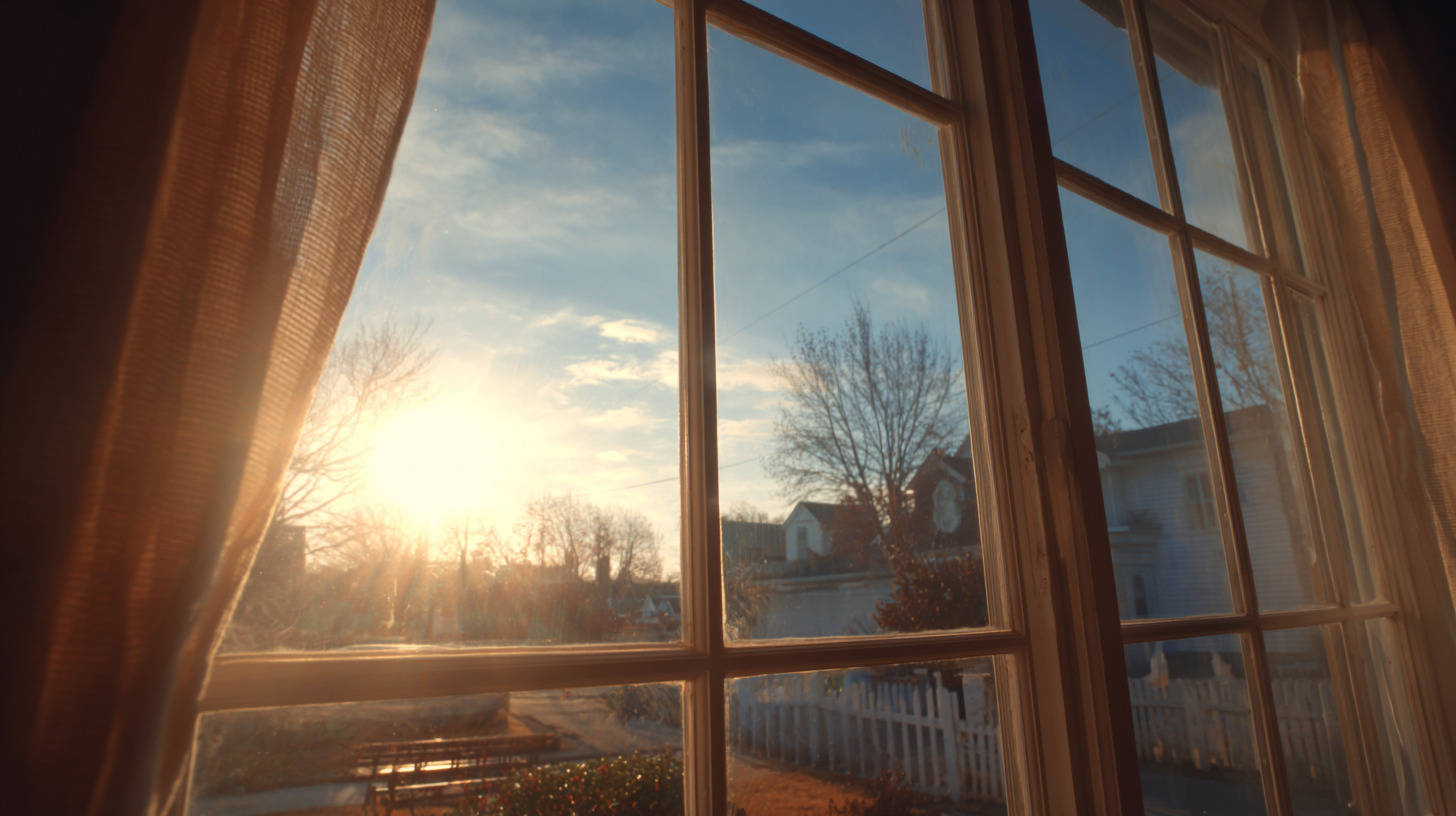
Best Practices for Enhancing Window Performance in Residences
To enhance window performance in residences, several best practices can be implemented. Firstly, selecting energy-efficient window options such as double or triple glazing significantly improves insulation. These types of windows reduce heat transfer, maintaining a comfortable indoor environment while minimizing reliance on heating and cooling systems. Additionally, ensuring windows are equipped with low-emissivity (low-E) coatings can reflect heat back into the home during winter and block excess heat in summer, further contributing to energy savings.
Another essential practice is proper installation and maintenance. Even the most efficient windows can underperform if not installed correctly. It is crucial to seal gaps and cracks to prevent air leaks, which can undermine insulation. Regular maintenance, such as checking for damaged seals or weather stripping, ensures that windows remain airtight. Homeowners can also consider using window treatments like thermal curtains or shades to enhance insulation further, reducing energy loss during extreme temperatures and improving overall energy efficiency in the home.
Related Posts
-
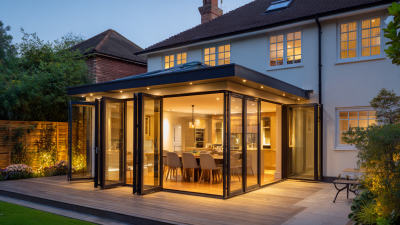
Transform Your Space: The Best Benefits of Installing Energy-Efficient Glass Doors and Windows
-

Driving Innovation in Top Windows Industry at the 138th China Import and Export Fair 2025
-
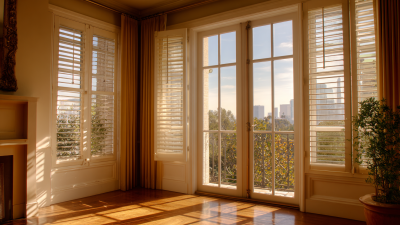
The Benefits of Installing French Windows for Natural Light and Airflow
-

Transform Your Space with Eco-Friendly Glass Doors and Windows: A Modern Home Upgrade
-

Transform Your Home With Stylish and Energy Efficient French Windows
-
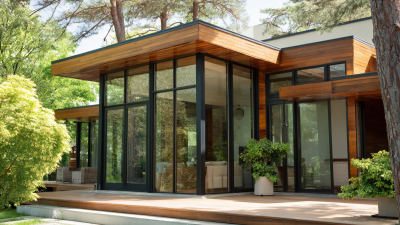
Transform Your Home: The Ultimate Guide to Choosing Eco-Friendly Windows for Energy Efficiency
*$250 Off/Window $500 Off/Door. Minimum of 4 Windows. Max savings not to exceed $2,500. Must present coupon at time of estimate. Some restrictions apply. Cannot be combined with any other offers. Call or see the website for details. www.mpwindowsanddoors.com. Offer Expires 9/30/25. CSLB# 778326. 100% Employee Owned.
Contractor's License CSLB #778326.
© 2000 - 2025 American Vision Windows

